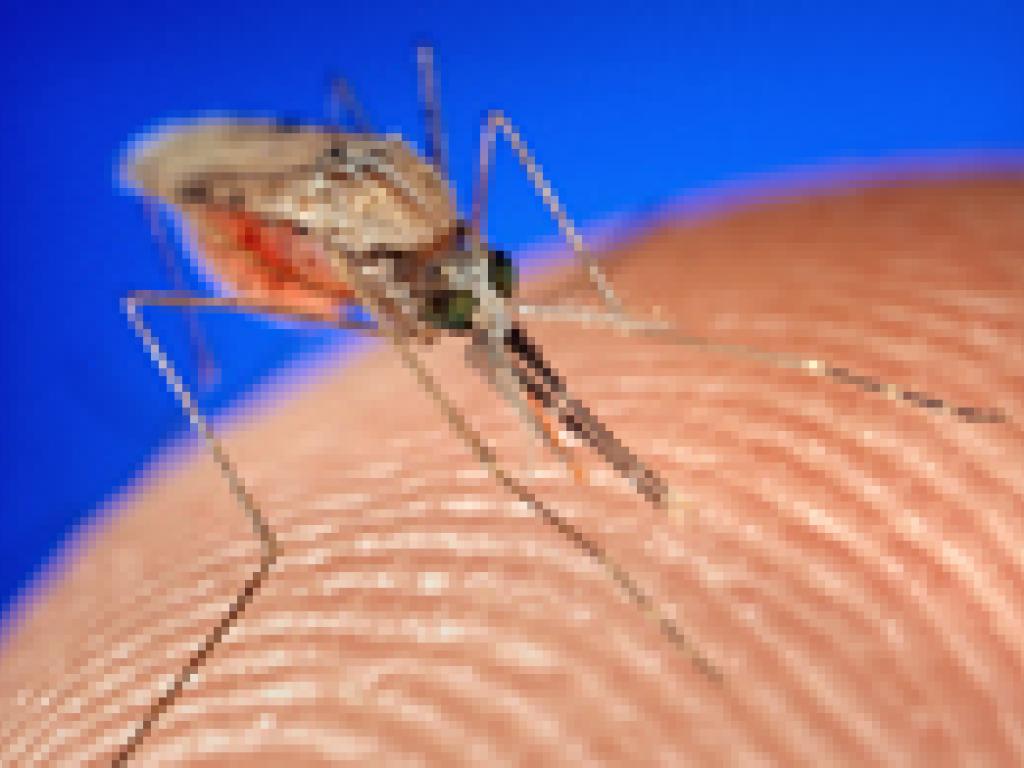Community of Practice in Malaria Elimination hosted at UP

The University of Pretoria (UP) will host its first Community of Practice (CoP) focusing specifically on Malaria Elimination in the UP Institute for Sustainable Malaria Control (UP ISMC). This NRF initiative endeavours to provide ‘vehicles to enable the implementation of integrated trans-disciplinary and multi-disciplinary solutions to address societal challenges and to ultimately bring change to the lives of South Africans through evidence based research findings. The envisaged aim of communities of practice is to provide research driven innovative solutions that will inform and guide policy development, as well as translate research outputs into tangible outcomes with social and/or economic impact.’
The proposed CoP in malaria elimination will incorporate the current expertise of five DST/NRF South African Research Chairs (SARChI) from four of the top research intensive Universities in the country. This includes Prof Lyn-Marie Birkholtz from the University of Pretoria, who is the current incumbent of the Chair in Sustainable Malaria Control hosted in the Department of Biochemistry, who will lead the new CoP. Prof Birkholtz was also recently notified that her SARChI appointment has been renewed for a further five years, effective 2018.
South Africa is aiming to eliminate malaria in the next five years and this will require concerted and focussed research and operational efforts. “We are in a unique situation in South Africa, as several research activities in the country have been supporting the elimination strategy and this includes several SARChI Chairs,” says Prof Birkholtz. “It makes strategic sense to combine the considerable available expertise in this regard into a focussed community of practice that will give us strength in numbers to take the South African malaria elimination agenda forward”.
The focus area of the CoP will revolve around intervention strategies for malaria elimination, ranging from the discovery of novel drug leads (Prof Kelly Chibale, University of Cape Town, Chair in Drug Discovery) used with optimised delivery systems (Prof Bert Klumperman, Stellenbosch University, Chair in Advanced Macromolecular Architectures) against both the malaria parasite (Prof Lyn-Marie Birkholtz, UP, Chair in Sustainable Malaria Control) and mosquito vectors (Prof Maureen Coetzee, University of the Witwatersrand, Chair in Medical Entomology and Vector Control), modelled within a malaria elimination setting (Prof Jacek Banasiak, UP, Chair in Mathematical Models and Methods in Biosciences and Bioengineering). The CoP will integrate and formalise these interactions and, for the first time, coordinate research efforts in South Africa for drug discovery towards malaria elimination. The CoP’s significance and innovation is therefore embedded in its focussed strategies on drug discovery for malaria elimination through solution-oriented research that will lead to innovations that address societal challenges in South Africa.
The CoP on Malaria Elimination has the potential to make a significant contribution to malaria elimination in South Africa (and regionally) in the next few years by providing novel health innovations and influencing strategic decisions. In addition the interdisciplinary and integrated nature of the research of the CoP, it will also train a new generation of South African scientists in implementing disease elimination strategies.
According to Prof Tiaan de Jager, Director of the UP ISMC and the MRC Collaborating Centre for Malaria Control, the trans- and multi-disciplinary approach of the UP ISMC has proved to be very successful. The CoP is taking it a step further by bringing the leading minds in the country together in the fight against malaria. He is proud that UP will host the CoP on Malaria Elimination and it is also a reflection on the good work done by the SARChI Chair of Prof Birkholtz.
